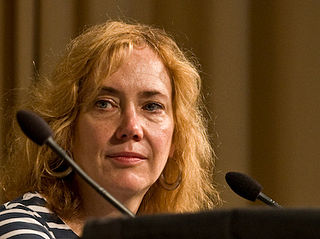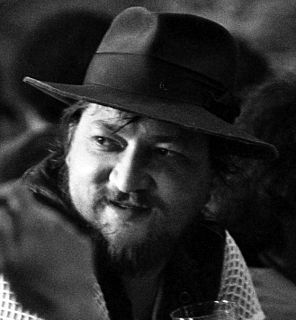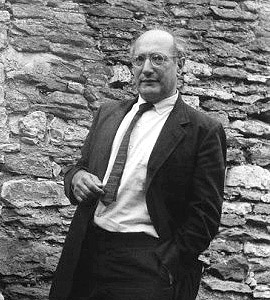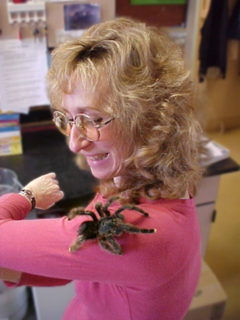A Quote by Elizabeth Hand
Real myths are often strange and startlingly unfamiliar, and don't always give up their meanings easily; you have to tease them out, and for me, that's one of the pleasures of reading older collections of lore.
Related Quotes
Well-meaning adults can easily destroy a child’s love of reading: stop them reading what they enjoy, or give them worthy-but-dull books that you like, the 21st-century equivalents of Victorian “improving” literature. You’ll wind up with a generation convinced that reading is uncool and worse, unpleasant.
I think reading is a gift. It was a gift that was given to me as a child by many people, and now as an adult and a writer, I'm trying to give a little of it back to others. It's one of the greatest pleasures I know." Ann M. Martin
"Never write anything that does not give you great pleasure. Emotion is easily transferred from the writer to the reader.
More wonderful than the lore of old men and the lore of books is the secret lore of the ocean. Blue, green, grey, white, or black; smooth, ruffled, or mountainous; that ocean is not silent. All my days I have watched it and listened to it, and I know it well. At first it told to me only the plain little tales of calm beaches and near ports, but with the years it grew more friendly and spoke of other things; of things more strange and more distant in space and time.
The [travel] writer, looking back at the journey from a distance of a year or two (or three), is a different character from the hapless character who undertook the trip: wise after the event, with the leisure to tease out meanings from the experience that the distracted traveler never had, and often impatient with his alter ego's blinkered and unsatisfactory version of things.






































